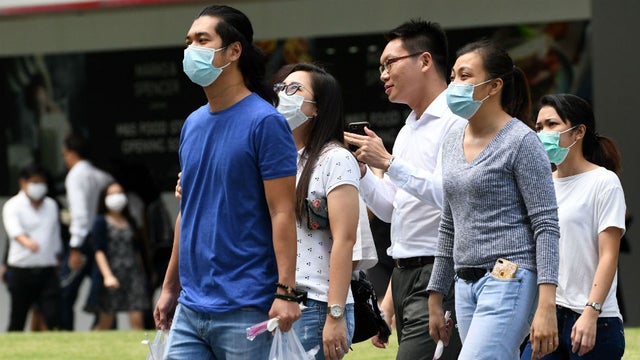
African skin could be immune to the deadly coronavirus infection, Chinese doctors have reportedly suggested.
As gathered, the doctors made their opinion known after discharging Pavel Daryl Kem Senuo – the 21-year-old Cameroonian student interned since January 28, 2020, at hospital in Zhengzhou (China) following a coronavirus infection.
The doctor discharged the black skin Cameroonian student after confirming that he “is now in good health.” The Chinese embassy in Cameroon announced on its Twitter account that the student was discharge after being admitted for 17 days for the deadly infection.
According to reports on www.cityscrollz.com, the doctors seeking for a cure to treat the deadly disease were amazed to see Senuo is still alive and fit after contracting the virus which has claimed 1,112 lives since it broke out couple of weeks ago.
In the report, the Chinese doctors confirmed that Sonuo stayed alive because of his blood genetic composition which is mainly found in the genetic composition of Sub-Sahara Africans.
The Chinese doctors also suggest that Sonuo stayed alive because he has black skin. The antibodies of a black are three times stronger, powerful and resistance compare to the white, they said.
According to the post, Zanomoyan Mdithshawa, a proud African said black man is indestructible.
“Caucasians is always at wall with our black skin because they know that our melanin is our defense against all that they throw at us. This prove yet against that the black man is indestructible,” said Zanomoyan Mdithshawa, a proud African.

WHAT IS A CORONAVIRUS?
A coronavirus is a kind of common virus that causes an infection in your nose, sinuses, or upper throat. Most coronaviruses aren’t dangerous.
But In early 2020, after a December 2019 outbreak in China, the World Health Organization (WHO) identified a new type, 2019 novel coronavirus (2019-nCoV), which can be fatal. The organization named the disease it causes COVID-19.
The outbreak quickly moved from China around the world. It spreads the same way other coronaviruses do: through person-to-person contact.
Symptoms can show up anywhere from 2 to 14 days after exposure. Early on, they’re a lot like the common cold. You might notice:








